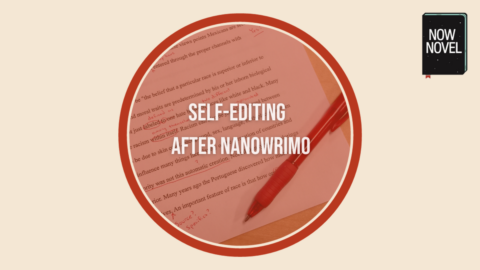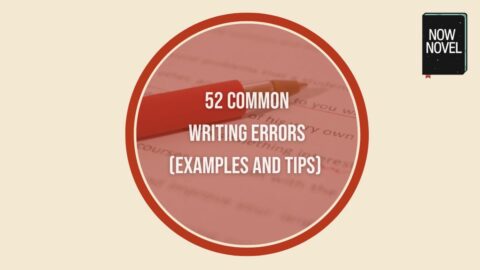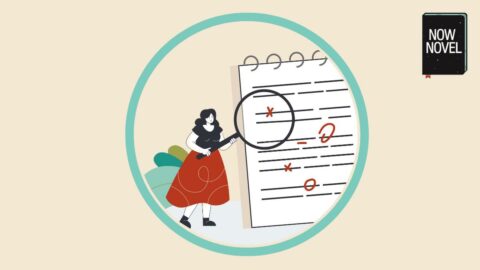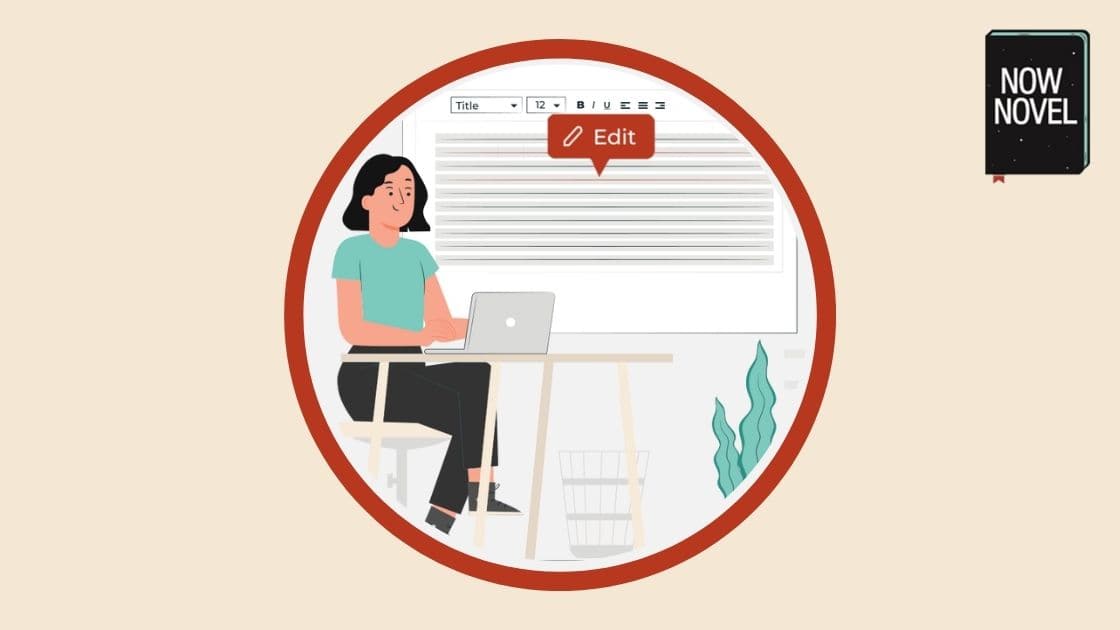Self-editing a manuscript is essential, even if you are planning to use a professional editor too. Read on for how to self-edit

Editing is vital if you want your writing to have publishable polish.
Find every article on editing in Now Novel’s archives here. Learn about key types of editing such as manuscript evaluations, copy-editing and proofreading, and more.
Find out about the ways developmental editing will elevate your work. Discover how to double your efficiency when self-editing with practical hacks.

Self-editing a manuscript is essential, even if you are planning to use a professional editor too. Read on for how to self-edit

Common writing errors trip writers up at every opportunity. This guide examines ten categories of easy writing mistakes to make, with tips to avoid them.

Revision in writing, the third stage of the writing process, is a creative, pre-editing phase for developing your material so far and improving it. Read tips to make the most of this process.

Now Novel story coach Arja Salafranca chats to co-founder Brendan McNulty about writing poetry and prose, editing, the benefits of keeping journals, and more.

Book lovers who will read your work for free and offer insights that an average reader for your genre would are wonderful to have before you publish. Read on for tips on where to find your beta reading team.

Manuscript assessments provide a useful means to attain big-picture insights into your draft. Read six ideas from an editor drawn from writing reader reports.

Knowing how to give great feedback (and also how to spot writing feedback that serves rather than shuts down) is crucial for author growth. Learn more about helpful vs unhelpful feedback.

Manuscript evaluations or assessments are one of several options for getting detailed, professional feedback to elevate your writing. Learn more.

Editing fiction provides many learning opportunities. Guiding authors and helping them align what they’re saying to what they want to say takes a precise set of skills, but also delivers expansive writing insights with every completed project. Read 9 insights from working as a fiction editor (plus take-home ideas for self-editing your work):